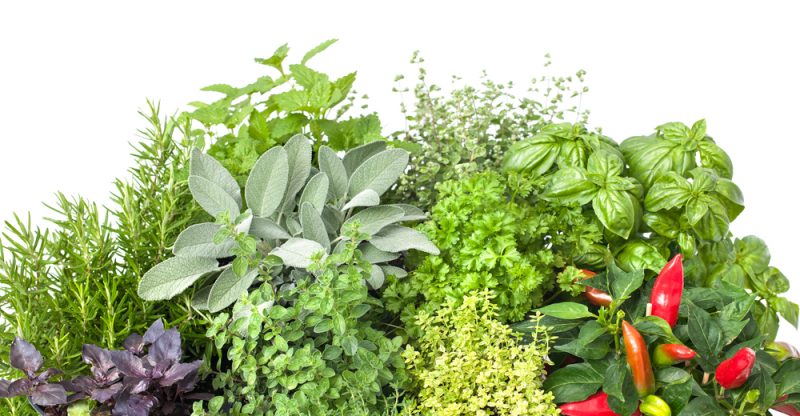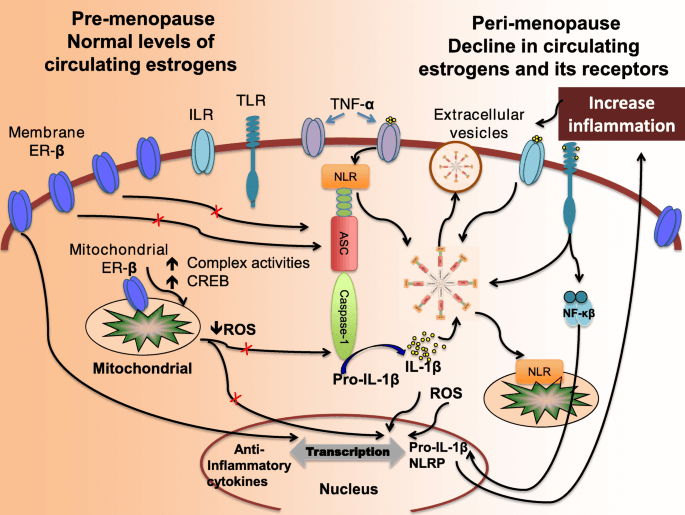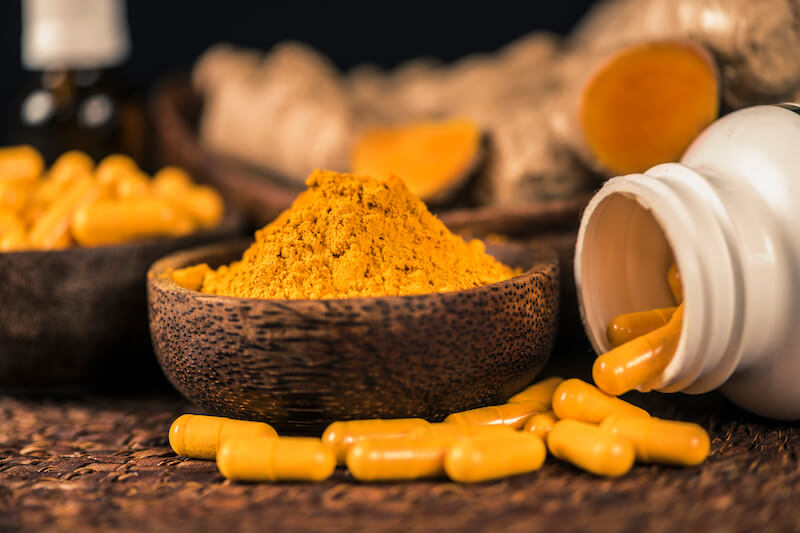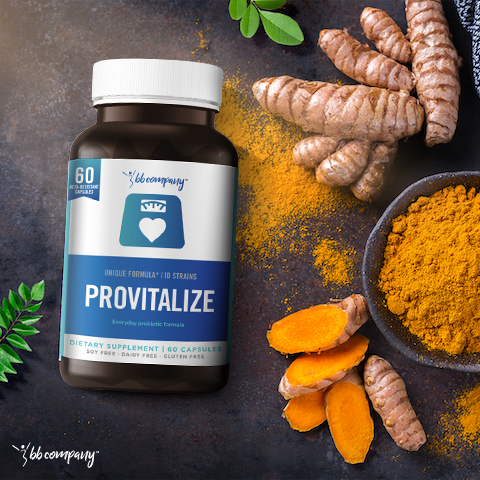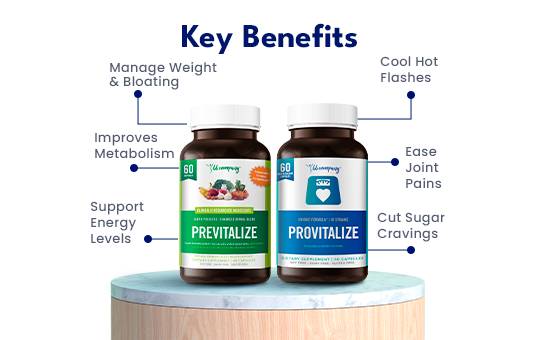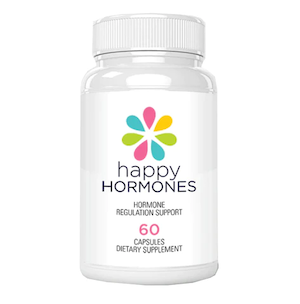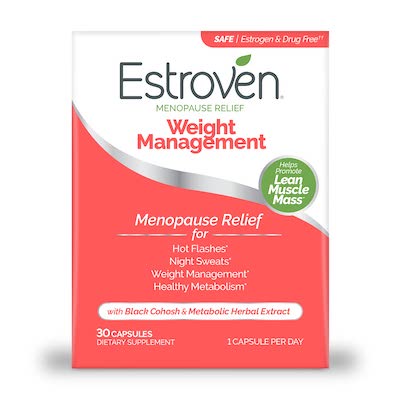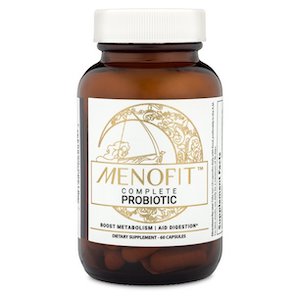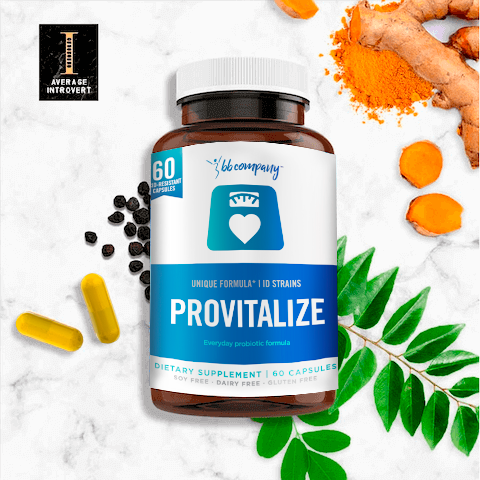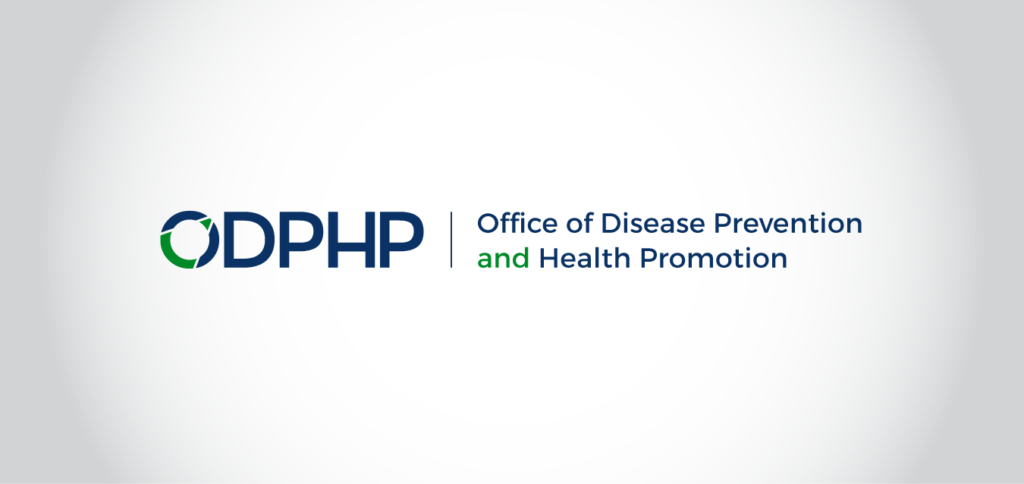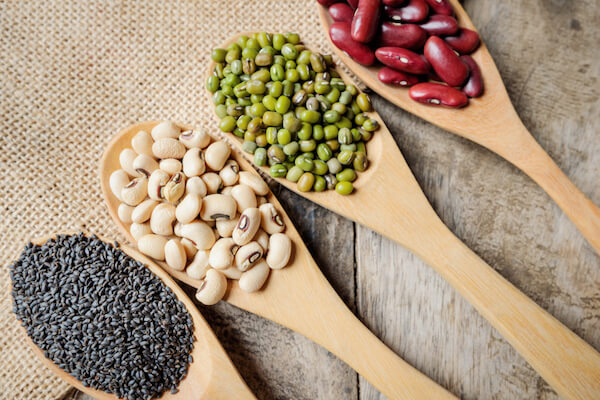
Phytoestrogens are plant nutrients that
mimic the effects of estrogen without the known side effects. They are found in several different types of food such as soy products, grains, beans, and some fruits and vegetables. Some examples that have demonstrated benefits for menopausal women include moringa leaves, red clover, and black cohosh.
Moringa Leaves: A group of researchers found that consumption of moringa leaves led to
increased antioxidant activity and reduced oxidative stress in postmenopausal women16. A Nigerian study found that moringa leaves also
increased estrogen levels in women17, suggesting that it could be an effective phytoestrogen.
Red Clover Isoflavones + Probiotics: In a 2017 study
18, 62 perimenopausal women aged 40-65 consumed a combination of red clover isoflavones and probiotics and saw that it reduced hot flashes frequency and intensity. While it wasn’t clear if the results were due to red clover isoflavones or probiotics, it is a sign that red clover and probiotics could play a positive role in addressing menopausal symptoms.
Black Cohosh: Postmenopausal women took black cohosh and saw reduced severity and number of hot flashes after 4 and 8 weeks in a 2013 study
19. However, other studies have seen mixed results. The North American Menopause Society (NAMS) released a statement in 2004
20 to use it for only less than six months as they were concerned about the potential side effects.. Another 2004 study
21 of 351 women found that black cohosh did not produce significant relief in terms of intensity or frequency after 3, 6, or 12 months.


